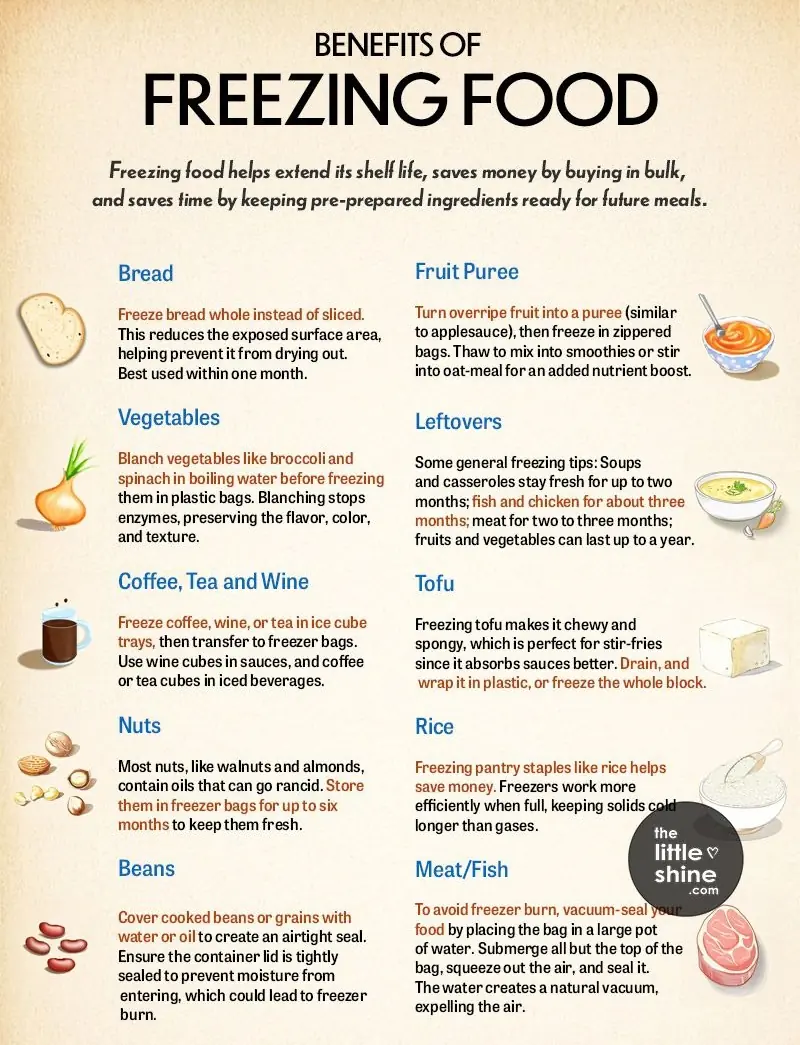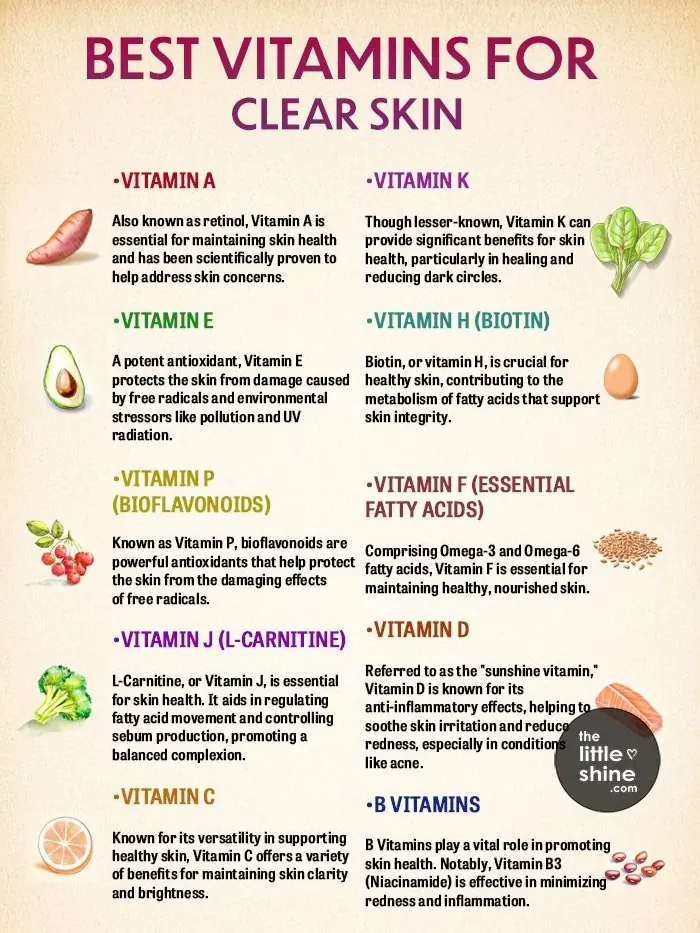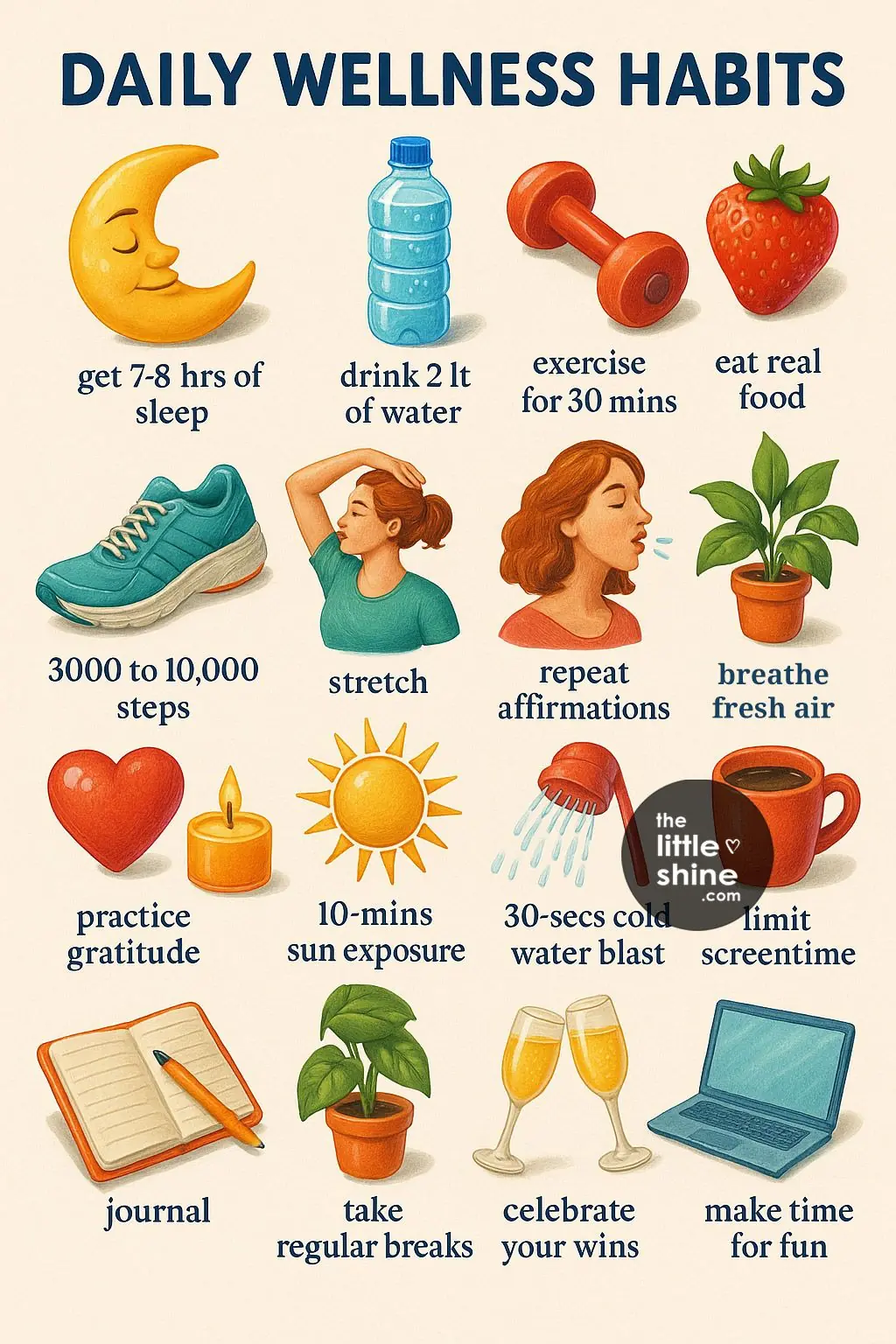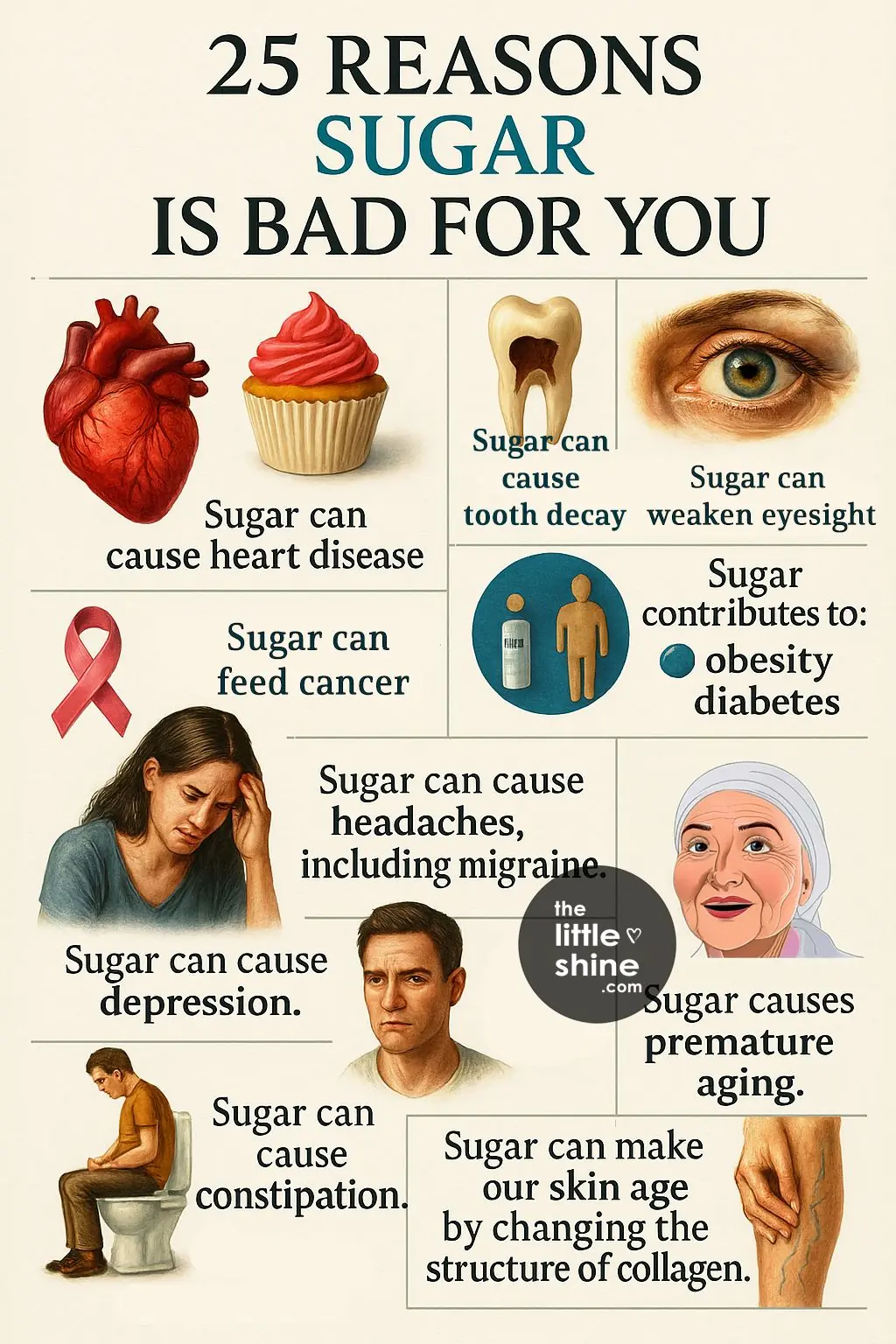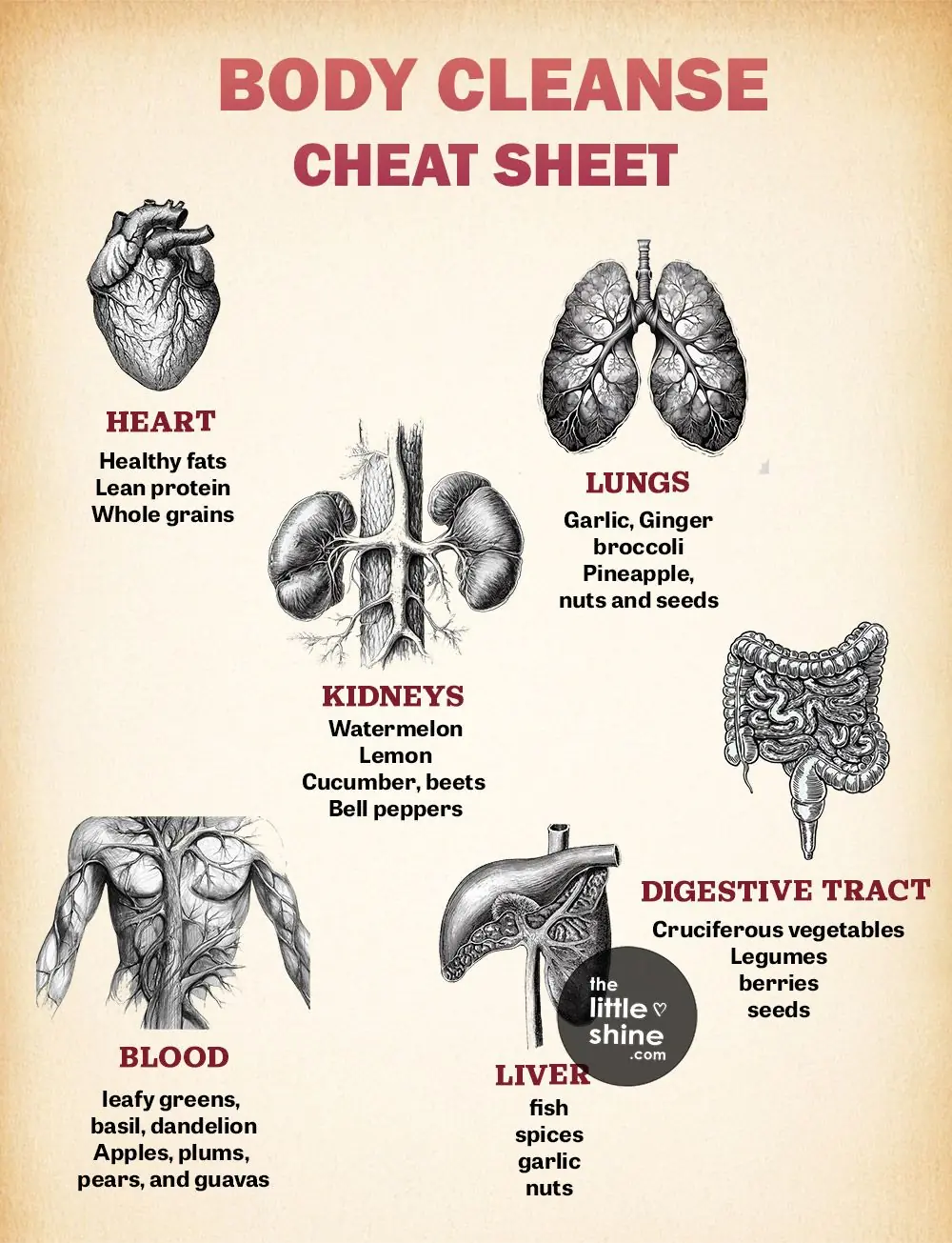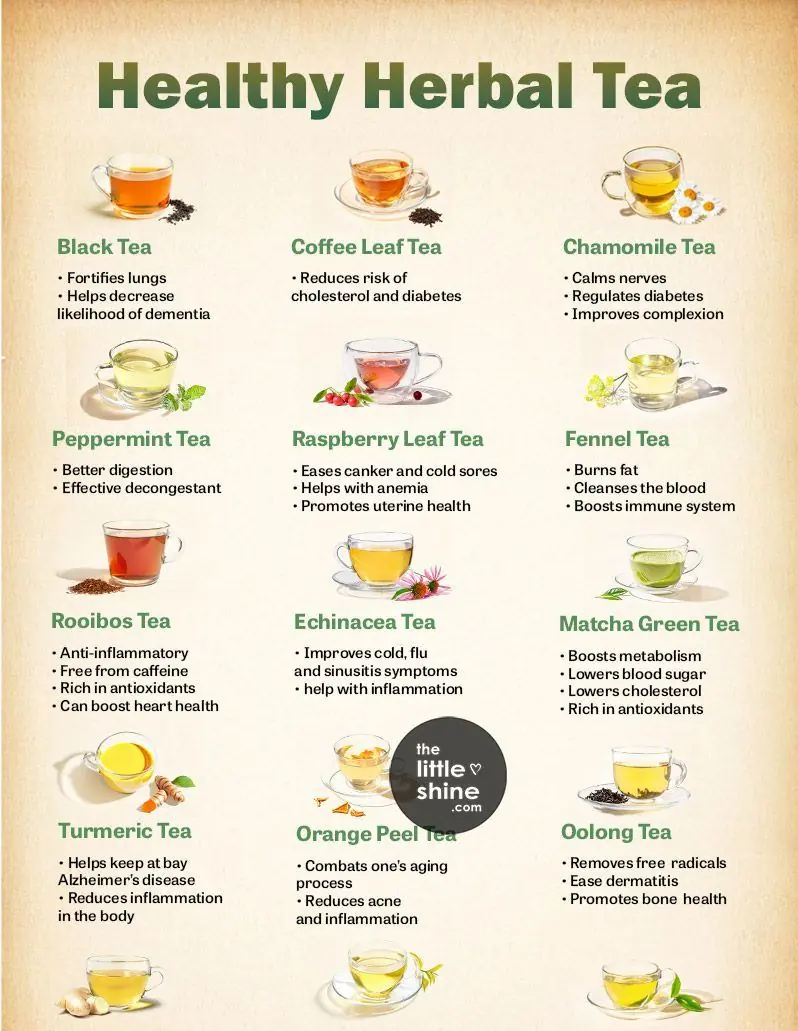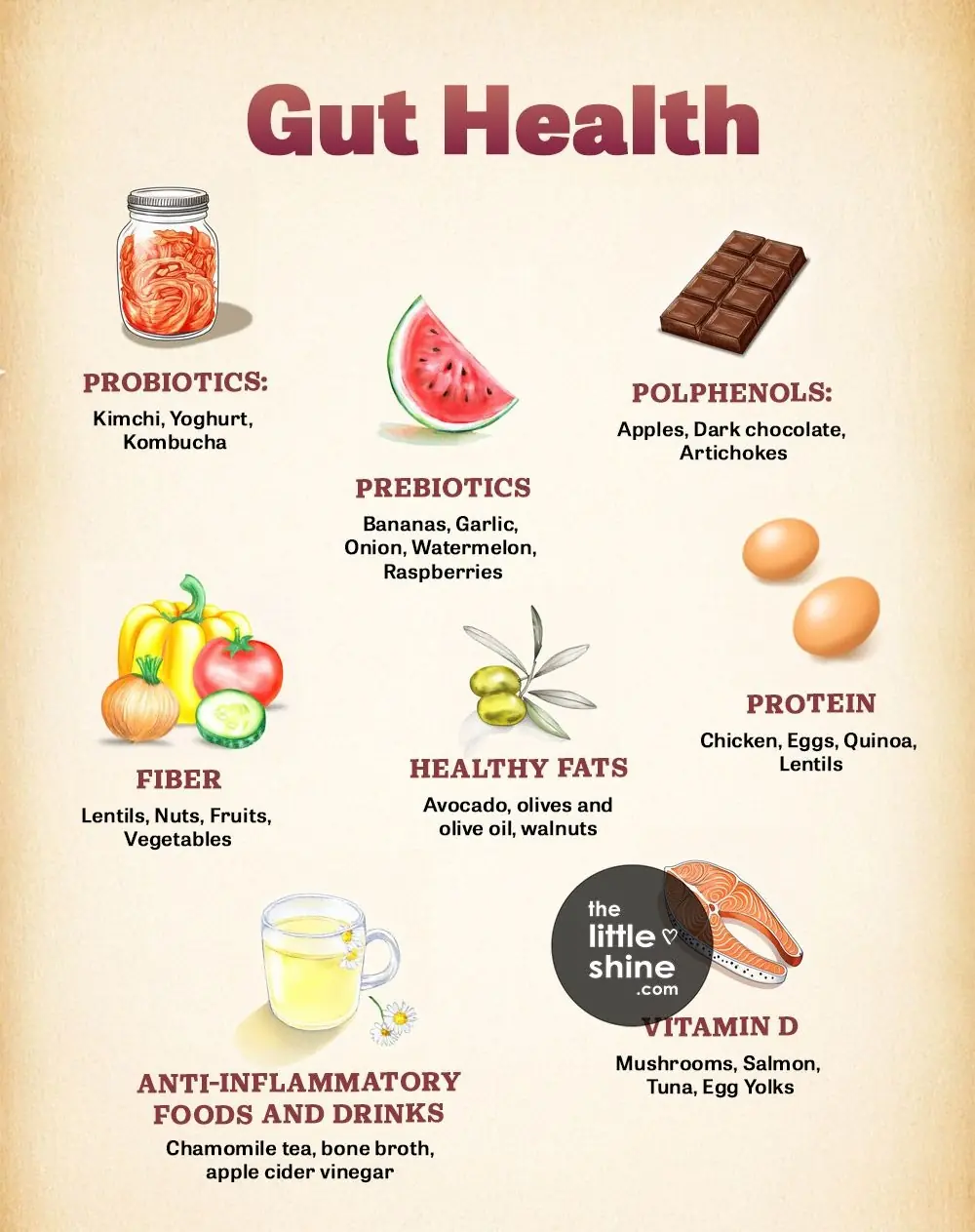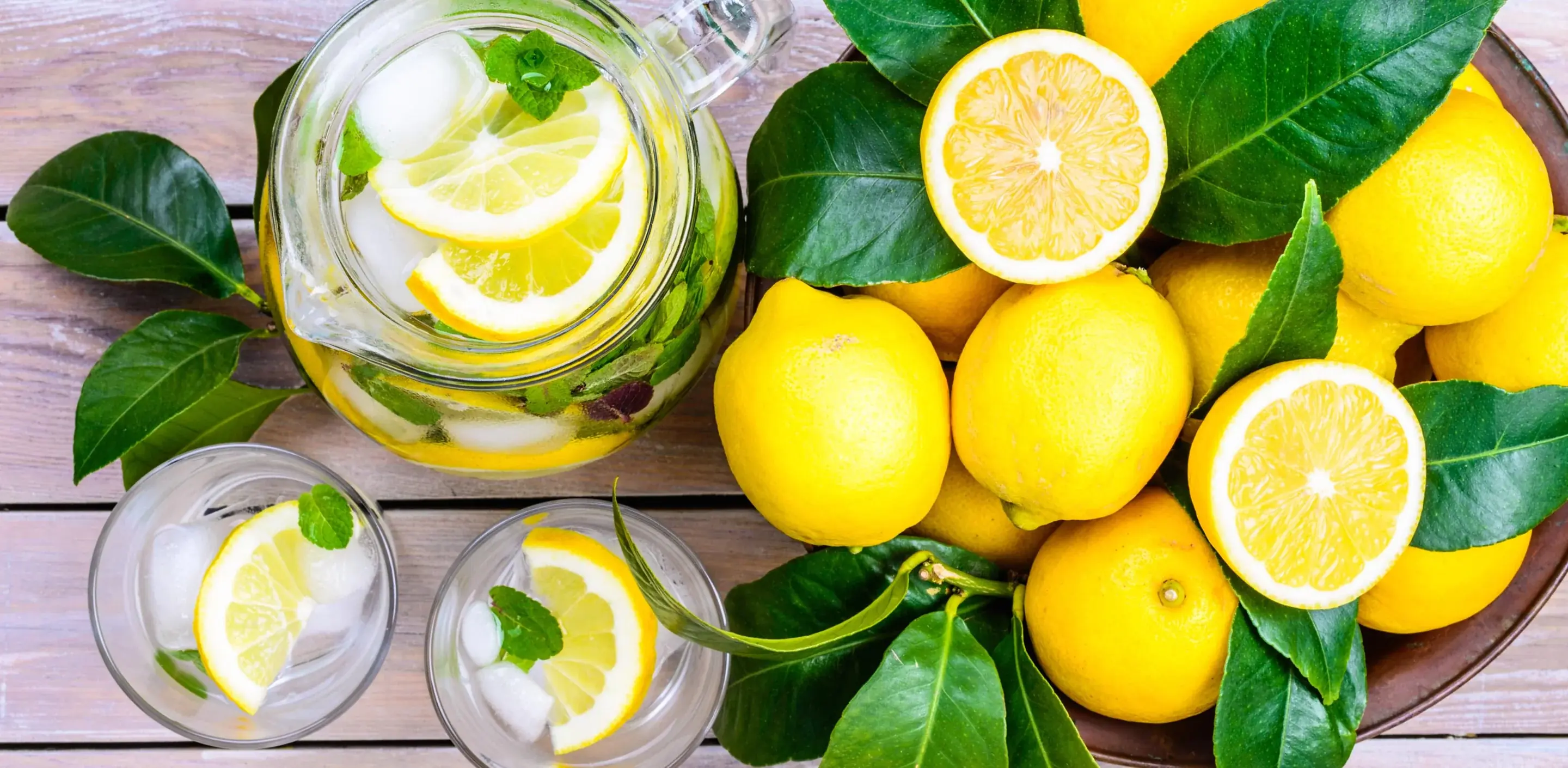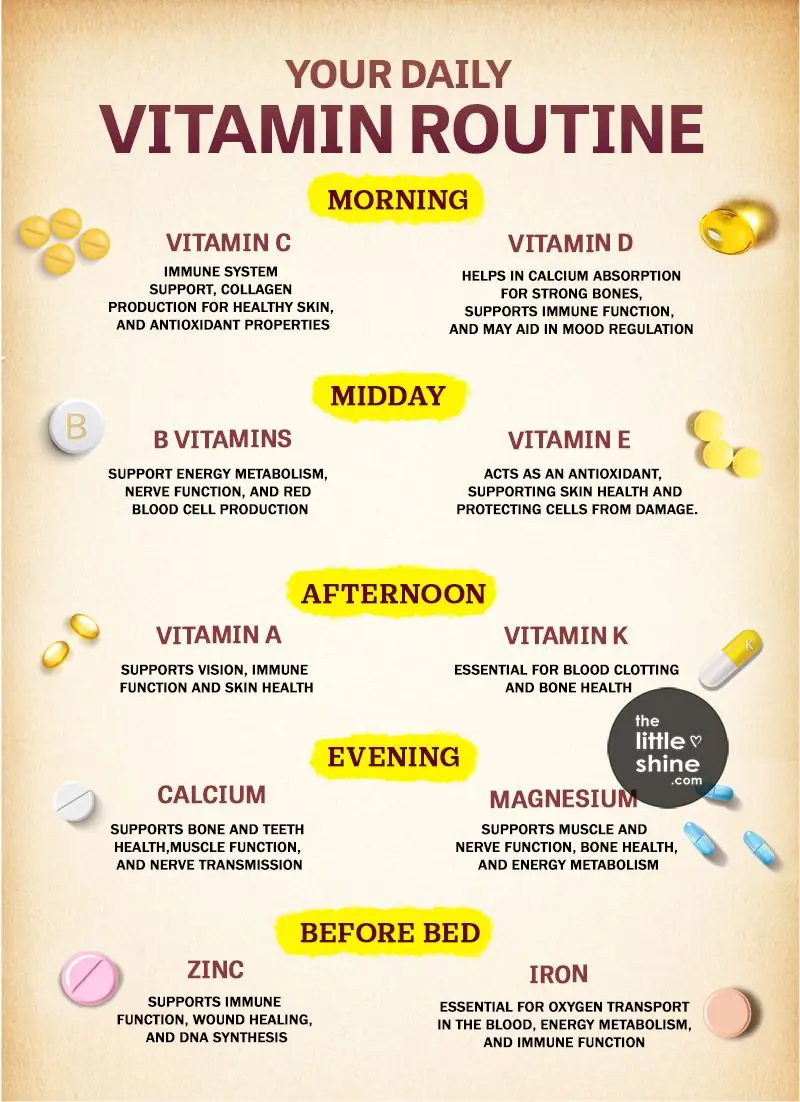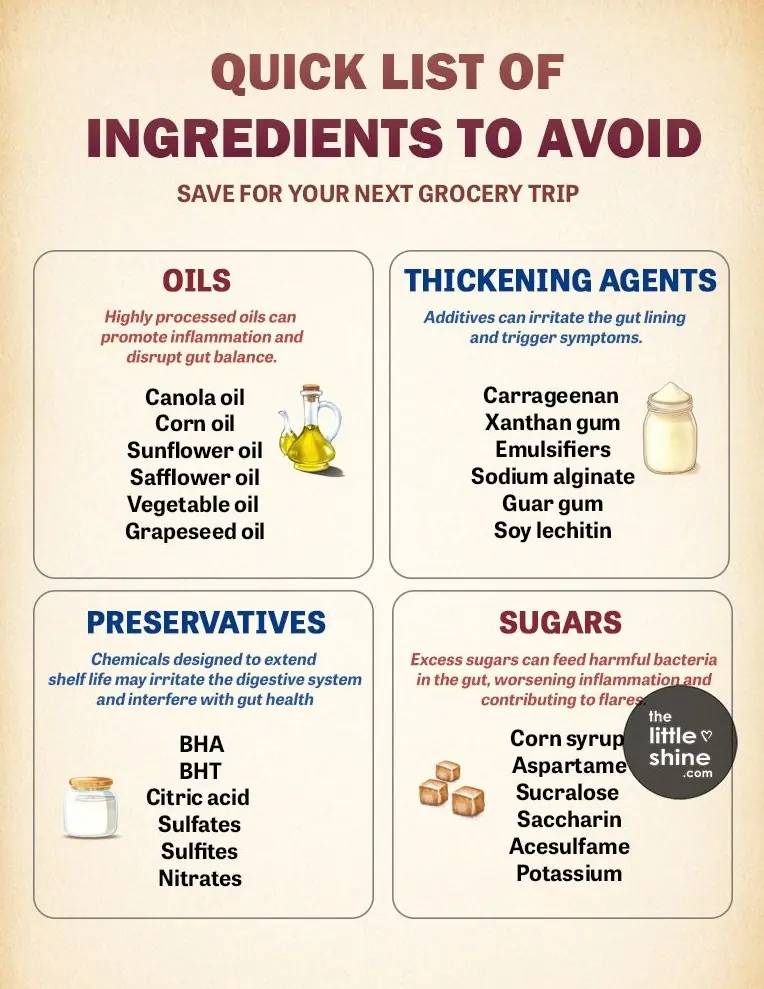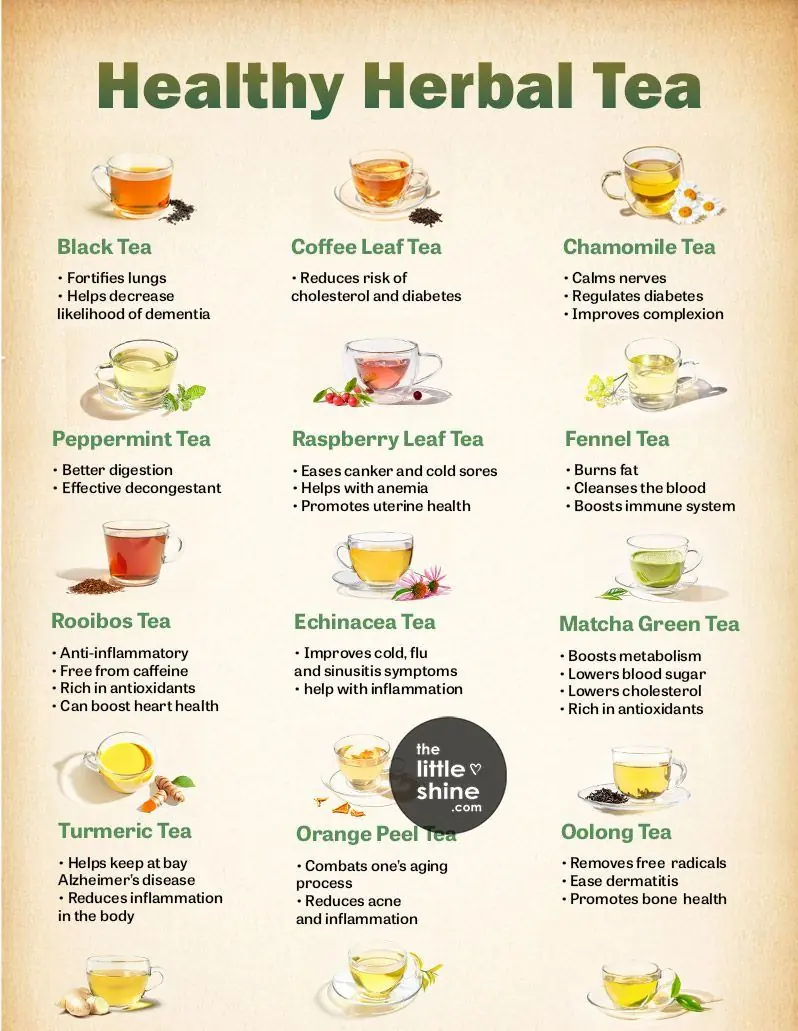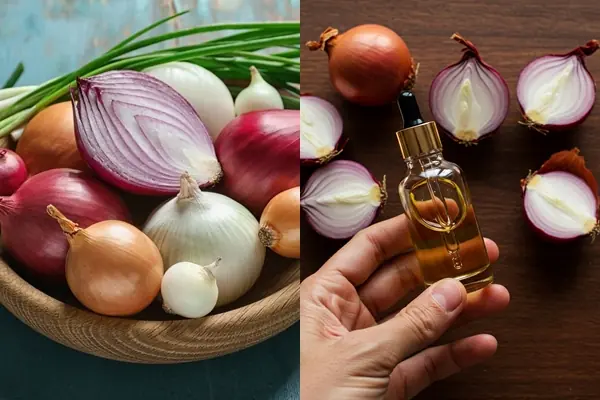Incorporating superfoods into your daily meals can significantly enhance your health and well-being. These nutrient-dense foods provide an abundance of vitamins, minerals, and antioxidants that contribute to disease prevention and overall health.
While no single food can provide all the necessary nutrients for optimal health, there are certain superfoods that stand out for their exceptional benefits. The 2015–2020 U.S. Dietary Guidelines suggest following a balanced diet that combines healthy choices from a variety of food groups, while keeping calorie intake in mind. Healthy eating patterns, such as the Mediterranean diet or the DASH (Dietary Approaches to Stop Hypertension) diet, have shown positive effects on reducing the risks of chronic conditions like heart disease, hypertension, diabetes, and certain cancers.
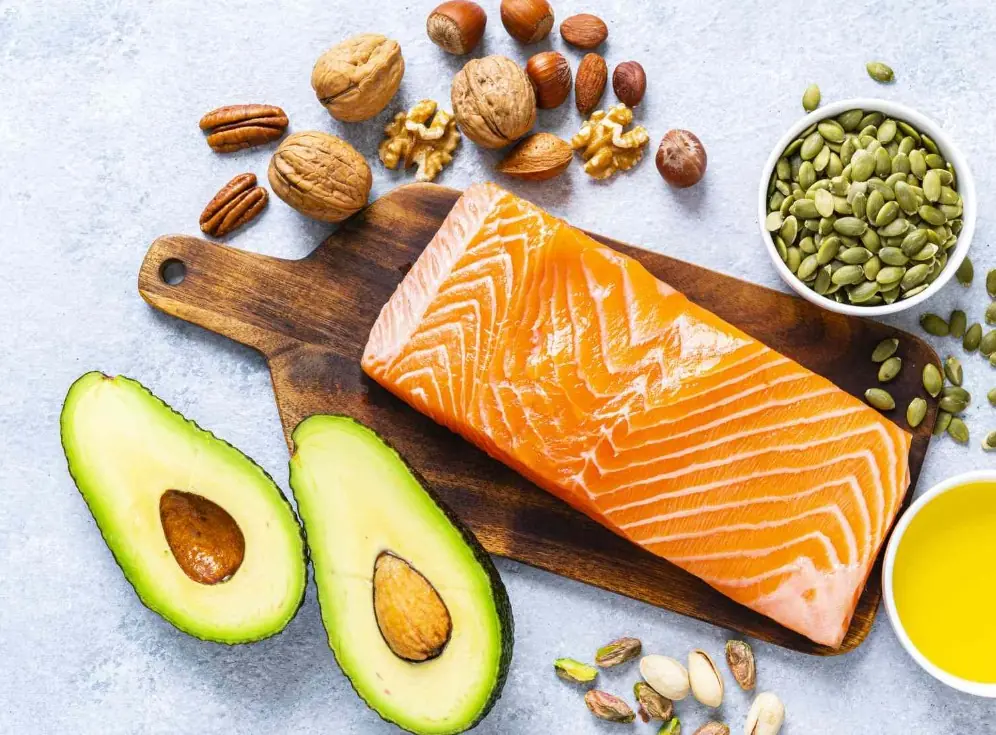
Among the many nutritious options available, superfoods deserve special recognition for their high concentrations of essential nutrients. These foods can elevate your meals and snacks, making your diet even more beneficial.
1. Berries
Rich in antioxidants and fiber, berries—such as strawberries, blueberries, raspberries, and blackberries—are packed with nutrients that fight inflammation and oxidative stress. Their vibrant colors are a telltale sign of their antioxidant content, which helps protect cells from damage.
How to include them: If fresh berries are out of season, frozen berries are just as nutritious. You can add them to smoothies, yogurt, cereal, or enjoy them as a quick and healthy snack. Berries are also a great addition to salads or desserts for a burst of natural sweetness.
2. Fatty Fish
Fatty fish like salmon, mackerel, sardines, and anchovies are excellent sources of omega-3 fatty acids, which are crucial for heart health. Omega-3s are known to reduce inflammation, lower blood pressure, and decrease the risk of heart disease.
How to include them: Incorporate fatty fish into your weekly diet by opting for fresh, frozen, or canned varieties. Grilled or baked salmon makes for a flavorful meal, and tuna can be used in salads or sandwiches. For variety, try adding sardines or mackerel to pasta dishes or on top of a salad.
3. Leafy Greens
Leafy greens such as kale, spinach, Swiss chard, and collard greens are loaded with essential vitamins, including A, C, and K, and are a rich source of calcium. These vegetables also contain a variety of phytochemicals that can help combat chronic diseases.
How to include them: Enjoy these greens raw in salads, or sauté them with olive oil and garlic for a simple side dish. They can also be added to soups, stews, or smoothies for an extra nutrient boost. For a heart-healthy dish, try a kale and quinoa salad with a lemon-olive oil dressing.
4. Nuts
Almonds, walnuts, hazelnuts, and pecans are great sources of healthy fats, fiber, and plant-based protein. These nuts are also rich in antioxidants, which help protect against cellular damage and reduce the risk of chronic diseases, including heart disease.
How to include them: Snack on a small handful of nuts or add them to oatmeal, yogurt, or salads. Nut butters—like peanut, almond, or cashew butter—are versatile and can be spread on whole-grain toast or used in smoothies. Keep portion sizes in mind, as nuts are calorie-dense.
5. Olive Oil
Olive oil is renowned for its heart-healthy monounsaturated fats and polyphenols. These compounds help reduce inflammation, lower bad cholesterol levels, and improve overall cardiovascular health. It’s a staple of the Mediterranean diet for good reason.
How to include it: Use olive oil as a replacement for butter or margarine in cooking. Drizzle it over vegetables, toss it with roasted potatoes, or use it in salad dressings. You can also add olive oil to pasta sauces for an extra layer of flavor.
6. Whole Grains
Whole grains, including brown rice, quinoa, barley, and oats, provide a rich source of fiber, B vitamins, and essential minerals like magnesium and iron. The fiber in whole grains helps regulate digestion and lowers cholesterol levels, contributing to heart health and better blood sugar control.
How to include them: Swap refined grains for whole grains in your meals.Try having a warm bowl of oatmeal for breakfast, or substitute brown rice or quinoa for white rice in your favorite dishes. Look for whole-grain pasta, bread, and crackers at the store to maximize your intake of fiber and nutrients.
7. Yogurt
Yogurt is an excellent source of calcium and protein, and it contains probiotics—beneficial bacteria that support gut health. The live cultures found in yogurt help maintain a healthy balance of bacteria in the digestive system, promoting better immune function and digestion.
How to include it: Choose plain yogurt to avoid added sugars. You can sweeten it naturally by adding fresh fruit, a drizzle of honey, or a sprinkle of cinnamon. Yogurt also makes a great base for smoothies and can be used as a substitute for sour cream or mayonnaise in sauces, dips, and dressings.
8. Cruciferous Vegetables
Cruciferous vegetables like broccoli, cauliflower, cabbage, and Brussels sprouts are packed with fiber, vitamins, and phytochemicals such as indoles and thiocyanates, which may help prevent certain cancers. These vegetables are also a great source of folate and vitamin K.
How to include them: Steam or stir-fry cruciferous vegetables to retain their nutrients. You can also add them to soups, casseroles, or pasta dishes for a boost of flavor and nutrition. Try roasting Brussels sprouts with olive oil and garlic for a crispy, savory side dish.
9. Legumes
Legumes, including beans, lentils, peas, and soybeans, are excellent sources of fiber, plant-based protein, and folate. Regular consumption of legumes has been linked to a reduced risk of heart disease and better blood sugar regulation.
How to include them: Add legumes to salads, soups, and stews. You can also make hearty bean-based dips like hummus or use lentils to create filling veggie burgers. Legumes can be a great alternative to meat, especially for those following plant-based diets.
10. Tomatoes
Tomatoes are rich in vitamin C and lycopene, a powerful antioxidant that has been shown to reduce the risk of prostate cancer. Lycopene also supports heart health by lowering cholesterol levels and preventing inflammation.
How to include them: Fresh tomatoes are a perfect addition to salads, sandwiches, or pasta dishes. For a delicious tomato sauce, sauté garlic and onions in olive oil, then add tomatoes and let them simmer. Lycopene becomes more bioavailable when tomatoes are cooked with healthy fats like olive oil.
The Bottom Line
Incorporating superfoods into your daily routine can make a significant impact on your health. While no single food can replace a balanced diet, these superfoods are nutrient powerhouses that provide a wide range of health benefits. Whether you’re looking to improve heart health, boost immunity, or reduce the risk of chronic diseases, adding these superfoods to your meals will help you lead a healthier, more vibrant life.
Remember to focus on variety and aim for a well-rounded diet that includes plenty of fruits, vegetables, whole grains, healthy fats, and protein sources. By making these nutrient-dense foods a regular part of your eating habits, you’ll be setting yourself up for long-term health and vitality.






